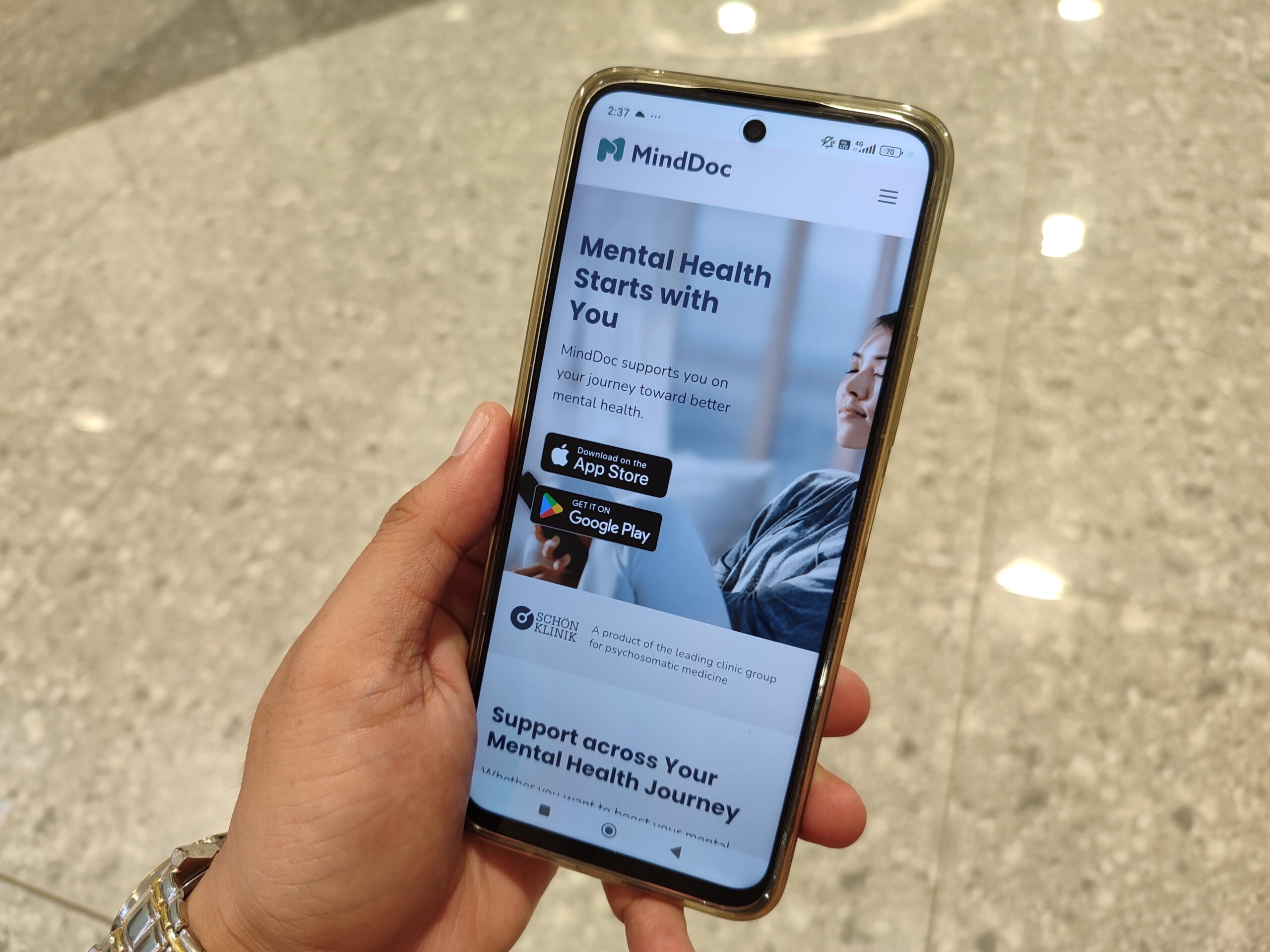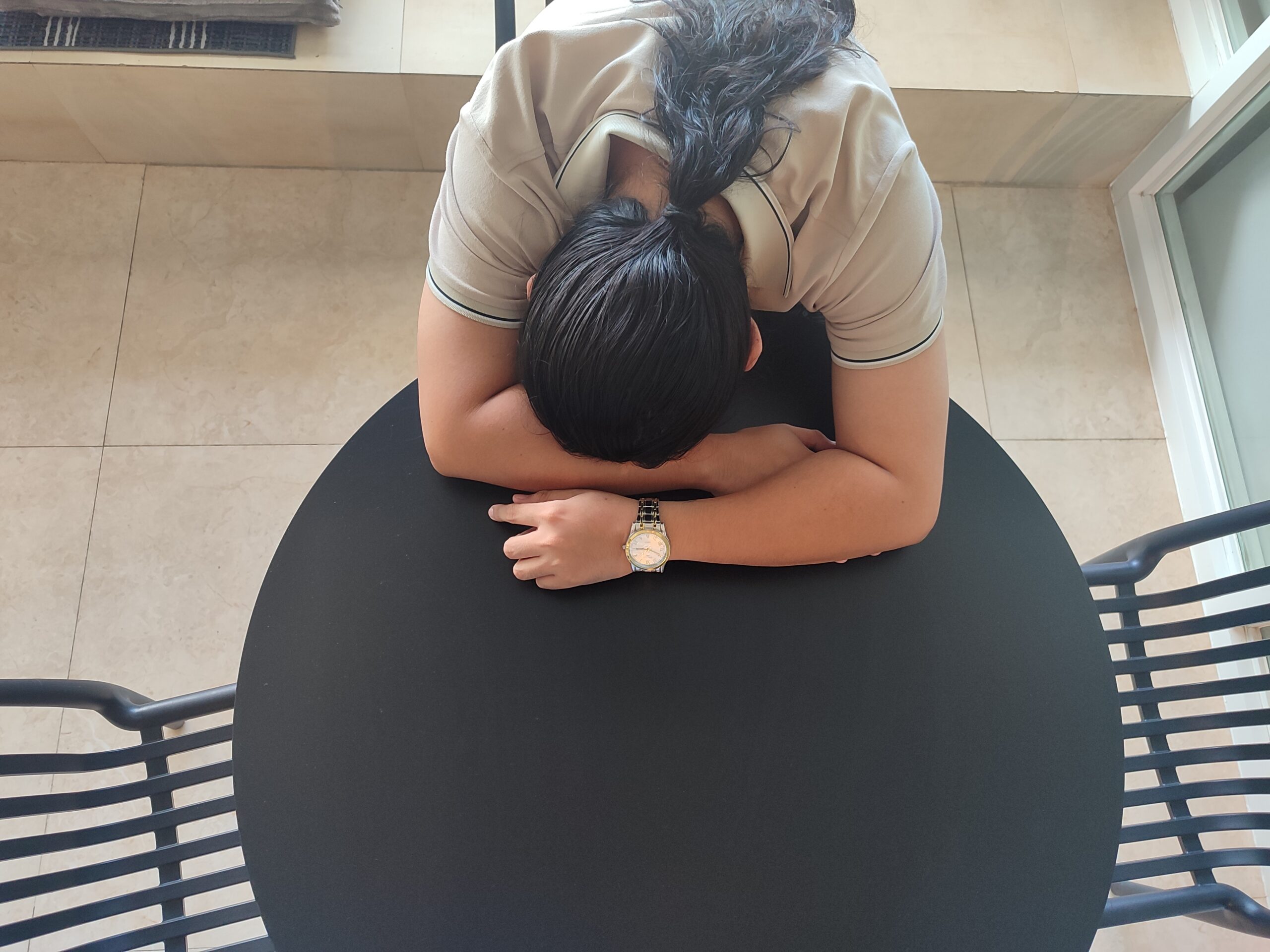Mental Health Apps That Actually Help
Let’s face it—mental health struggles don’t always show up when it’s convenient. Sometimes anxiety creeps in at 3 a.m., stress piles up mid-workday, or emotional burnout hits when no one’s around to talk. That’s where mental health apps that actually help come in—not as a replacement for professional care, but as digital tools to support your emotional balance wherever you are, whenever you need it.
But with hundreds of apps claiming to reduce anxiety, improve mood, or guide meditation, how do you know which mental health apps that actually help?
We’ve done the work for you. Below is a handpicked list of mental health apps that actually help that genuinely offer value, with unique features that can complement therapy, enhance self-awareness, or simply help you breathe again when the world feels too loud.
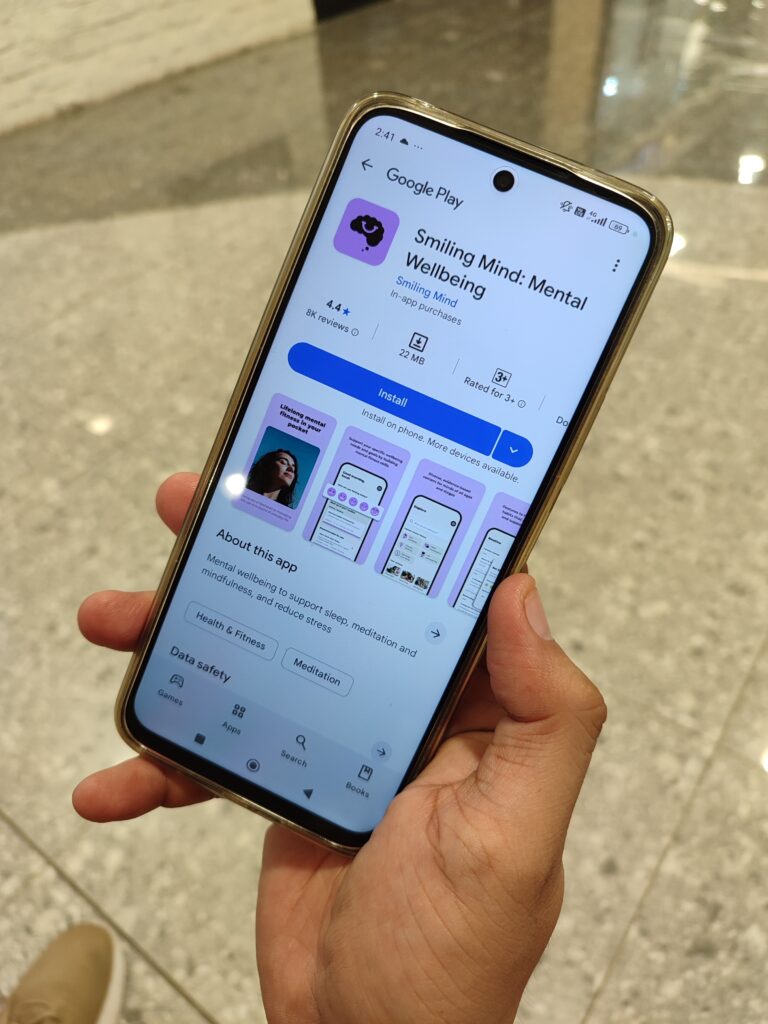
Why Mental Health Apps Work
Mental health apps that actually help aren’t just trendy—they’re based on cognitive behavioral therapy (CBT), mindfulness practices, journaling science, and habit tracking. When designed well, these tools offer:
- Instant accessibility
- Daily emotional check-ins
- Structured routines
- Guided support between therapy sessions
What makes a mental health apps that actually help stand out? Personalization, simplicity, science-backed techniques, and a judgment-free design that helps users feel seen, not analyzed.
1. Moodpath (now MindDoc)
Category: Mood Tracking & Emotional Insight
Best For: Understanding emotional patterns
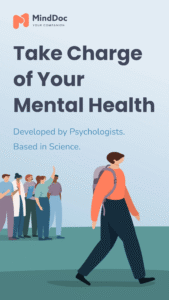
MindDoc isn’t just a mood tracker—it’s like a digital journal that responds. You log how you’re feeling, and it analyzes patterns to show you connections between mood and mental state. It also includes self-assessment tools developed by clinical psychologists.
Unique Feature: Periodic emotional health summaries you can download or share with a therapist.
Why It Helps: Sometimes, you don’t realize how deep the fog has gotten until you see the trend. This app helps you spot emotional triggers and take proactive action.
2. Sanvello
Category: Anxiety & Stress Management
Best For: People navigating daily stress or social anxiety
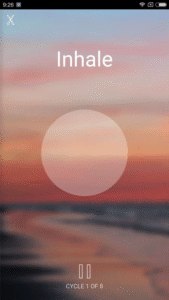
Sanvello blends CBT, mood tracking, guided journeys, and community support. It tailors resources based on your goals—whether it’s sleeping better, reducing work stress, or handling anxiety attacks.
Unique Feature: Audio therapy journeys + anonymous community support rooms.
Why It Helps: The mix of therapeutic techniques and peer sharing makes it ideal for people who feel alone in their struggles but aren’t ready for in-person therapy.
3. Smiling Mind
Category: Mindfulness & Focus
Best For: Beginners to meditation and busy minds
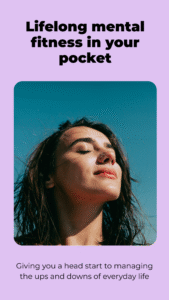
Created by psychologists and educators, Smiling Mind is a clean, minimal app that helps both kids and adults develop mindfulness habits. Unlike other meditation apps, it’s totally free and structured like a curriculum.
Unique Feature: Programs based on life stages—kids, teens, adults, workplace stress, and even sleep-specific mindfulness.
Why It Helps: It removes the fluff and gets straight to practical guidance without pushing subscriptions.
4. Youper
Category: AI Therapy Assistant
Best For: Self-reflection and emotional processing
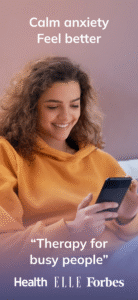
Youper uses an AI chatbot to walk you through anxiety, sadness, and anger. Think of it as a journal that talks back—but kindly. It’s powered by CBT and emotional coaching strategies to help you reframe negative thoughts.
Unique Feature: Real-time guided conversations that adapt based on your emotions.
Why It Helps: You get an immediate response when you don’t want to burden others or need to process feelings in the moment.
5. Wysa
Category: Emotional Resilience Coaching
Best For: People who feel overwhelmed or anxious but aren’t ready for therapy
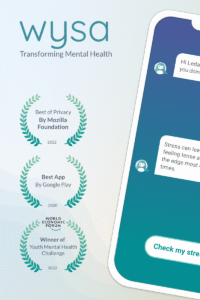
Wysa is a discreet mental health app that uses a penguin-themed AI coach to help you manage emotions. You can also access tools like breathing exercises, gratitude journaling, and structured CBT packs.
Unique Feature: Option to chat with a real-life coach (paid feature), but AI functions are free.
Why It Helps: Sometimes, just having something respond with understanding—even if it’s AI—can break a negative thought loop.
6. Shine
Category: Affirmation, Identity & Self-Care
Best For: BIPOC, LGBTQ+, and underserved communities
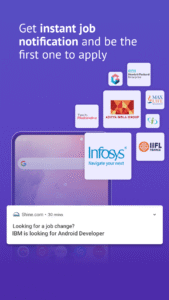
Shine stands out for its focus on inclusive mental health content. Daily mantras, meditation, and community features highlight self-love, healing from trauma, and identity-centered mental wellness.
Unique Feature: Daily “Shine Talks” and audio pep talks rooted in real-life issues.
Why It Helps: Representation matters. Shine gives a voice to those who often feel unseen in traditional wellness spaces.
How to Choose the Right Mental Health App for You
The most helpful app is the one you’ll actually use. Ask yourself:
- Do I prefer guided conversations or solo journaling?
- Am I more visual or audio-driven?
- Do I want habit tracking, mood monitoring, or emotional coaching?
Start with one app. Test it for a week. If it feels like a chore, try another until one fits naturally into your day. Consistency—not complexity—is key.
A Quick Word on App Limitations
While these apps are mental health apps that actually help, they are not a replacement for professional mental health care. If you’re struggling with suicidal thoughts, severe depression, or trauma, reach out to a licensed mental health provider or hotline in your country.
Apps are tools—not solutions. They’re companions on the road, not the destination.
Mental Health Help in Your Pocket
Gone are the days when mental health support was locked behind appointments and expensive sessions. With today’s thoughtfully designed apps, self-care is now accessible, personal, and flexible.
Whether you’re managing chronic anxiety or just trying to create a more mindful routine, these mental health apps are more than digital products—they’re tools for inner connection and healing.
Start today. Download one. Take a breath. Track one feeling. That single act might just change your tomorrow.
